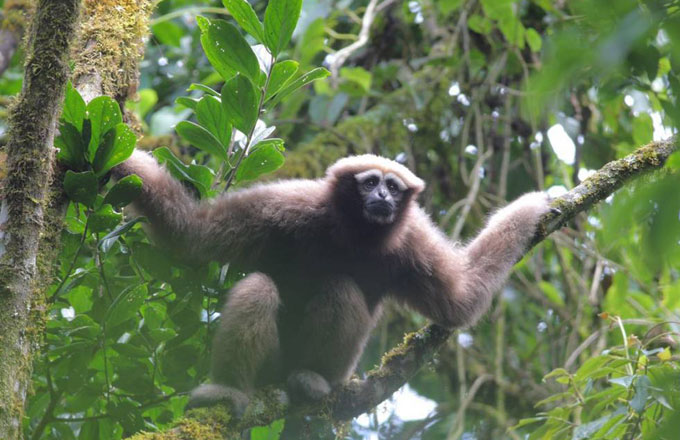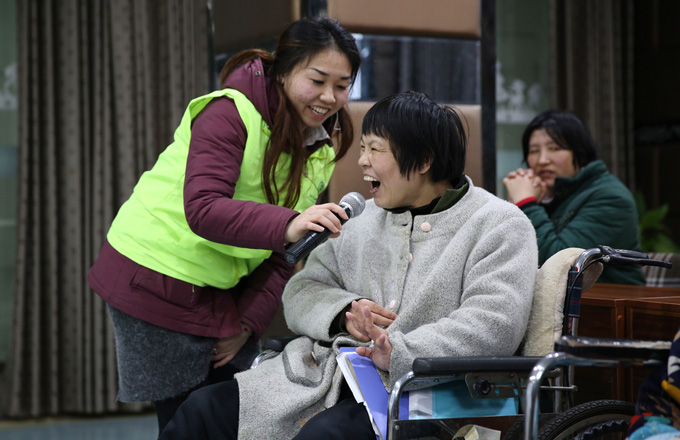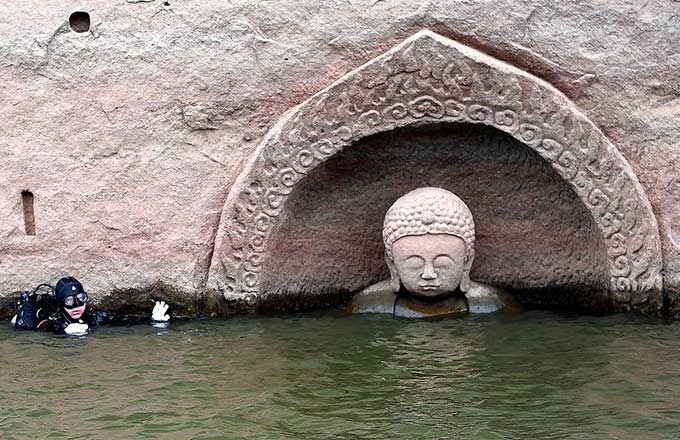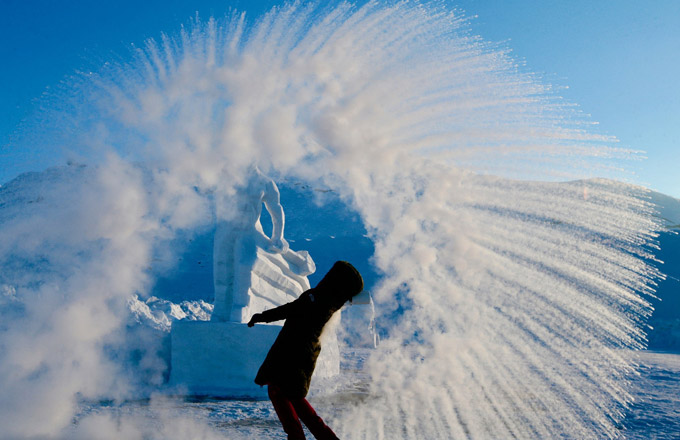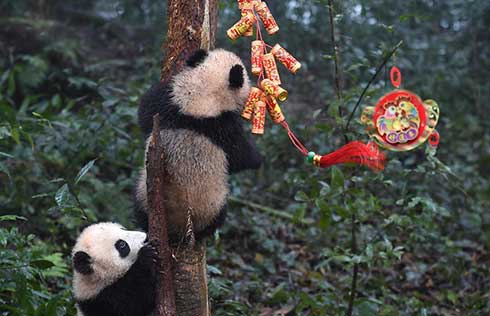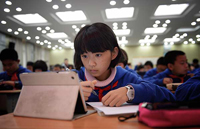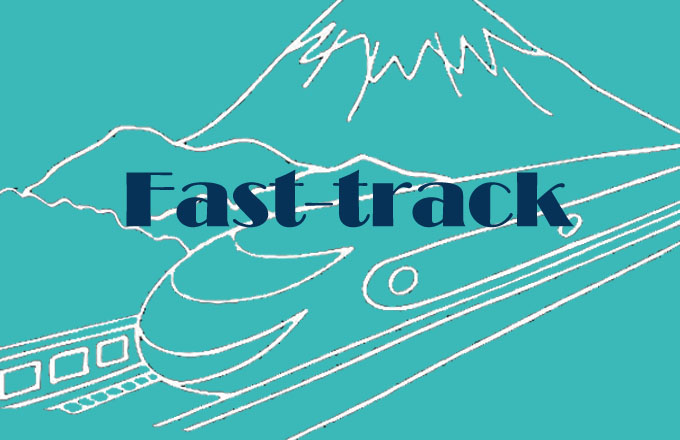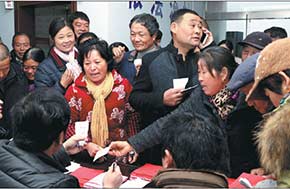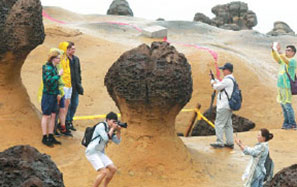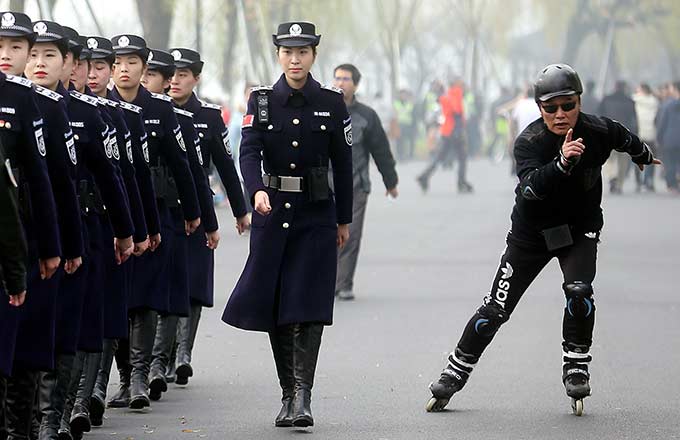Writing a new history for creative poems
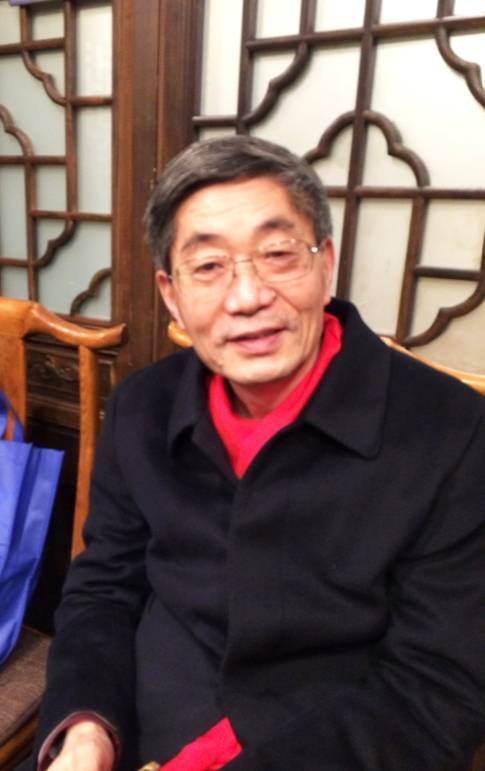 |
|
Wang Guoqin, poet, literary critic and publisher. |
Yet the sophistry of intricate traditional styles is keeping many young people away. For the past 100 years, young students and poetry enthusiasts have doggedly worked on new prosaic styles, borrowing forms from poets like Walter Whitman, Pablo Neruda and Rabindranath Tagore. The ups and downs in decades of social turbulence have left trails of agony in total denial and ecstasy in revival.
Wang insists it is the responsibility of this generation to carry on the nation's tradition both in poetry and theoretical studies. Yang Kuanghan, a veteran literary researcher, supported Wang's insistence and his favor for listing traditional style poetry into contemporary history of literature. Li Baoguo from the poetry institute agreed: "It's the trend that some of today's writings will enter into history as long as they become classic."
Yet, "a more pressing issue is creation, which belongs to the whole generation and beyond any individual,"Li said.
Wang, now deputy publisher of Henan Literature and Arts Press, upholds such initiation: "In creativeness lies the real life of poetry, both in history and today."He started a new style of writing himself that combines ancient tones and rhymes with freer lines in 1987 and named it duci in the 1990s. Today, his style is followed by many poetry lovers in dozens of cities, said Lin Feng, a vice-president of the poetry institute, who appreciated Wang's initiation in both poetry style and theoretical criticism.
Wang has also established a local society for creative poetry writing and organized four sessions of biennial contests in creative poetry. Award winners include Ma Kai, a former state councilor, Ling Feng from Hong Kong, and Beijing poet Chen Tingyou.
"Such explorations in poetic writing are most valuable, not only in forms, but also in literary theory,"said Ding Guocheng, deputy editor-in-chief of Chinese Poetry magazine. "The whole history of poetry is characteristic of creation in form and style and our era has to locate its own pulse for historic distinction."Moreover, any progress is like a tide of an era, and the elite poems need to stand the test of time in both form and content, he added.
For Qiu, a top award winner in a recent poetry contest with a prosaic verse in free style, the poetry party in Zhongshan entertains the audience not only with recitals of various poem styles, and also with well-matched music, some were directly turned into song.
"It seems to me,"Wang Guoqin said, "that poems in traditional styles and in free verses are walking into the future in parallel. A harmonious one I suppose."
Contact the writer at wenjia@chinadaily.com.cn


